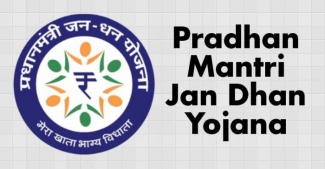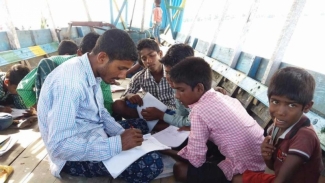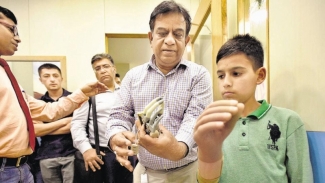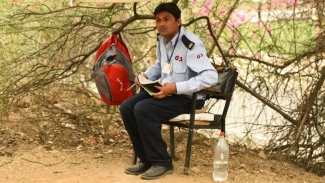
Besides inducing villagers to save, the Jan Dhan bank accounts also seem to have steered them away from intoxicants. "We observed that there is both statistically significant and economically meaningful drop in consumption of intoxicants such as alcohol and tobacco products in states where more PMJDY accounts were opened," the study conducted by Soumya Kanti Ghosh, group chief economic adviser at SBI, and his team showed. "This could be because of behavioural changes like less spending after demonetisation," the study said. It also found an increase in household medical expenditure in states of Bihar, West Bengal, Maharashtra and Rajasthan since October 2016.
Of the 30 crore-plus Jan Dhan accounts, many were opened after demonetisation last November. Just 10 states have 23 crore or 75% of the accounts, with Uttar Pradesh (4.7 crore) topping the list, followed by Bihar (3.2 crore) and West Bengal (2.9 crore). The SBI study analysed state-wise impact of PMJDY accounts on rural and urban consumer price index (CPI). It is part of a research paper which is expected to be released later this year. "The analysis confirms that besides formalisation of the economy, financial inclusion has had tangible benefits which is visible in the inflation data," the study said.
Read more of this in a report by Surojit Gupta published in TImes of India...











